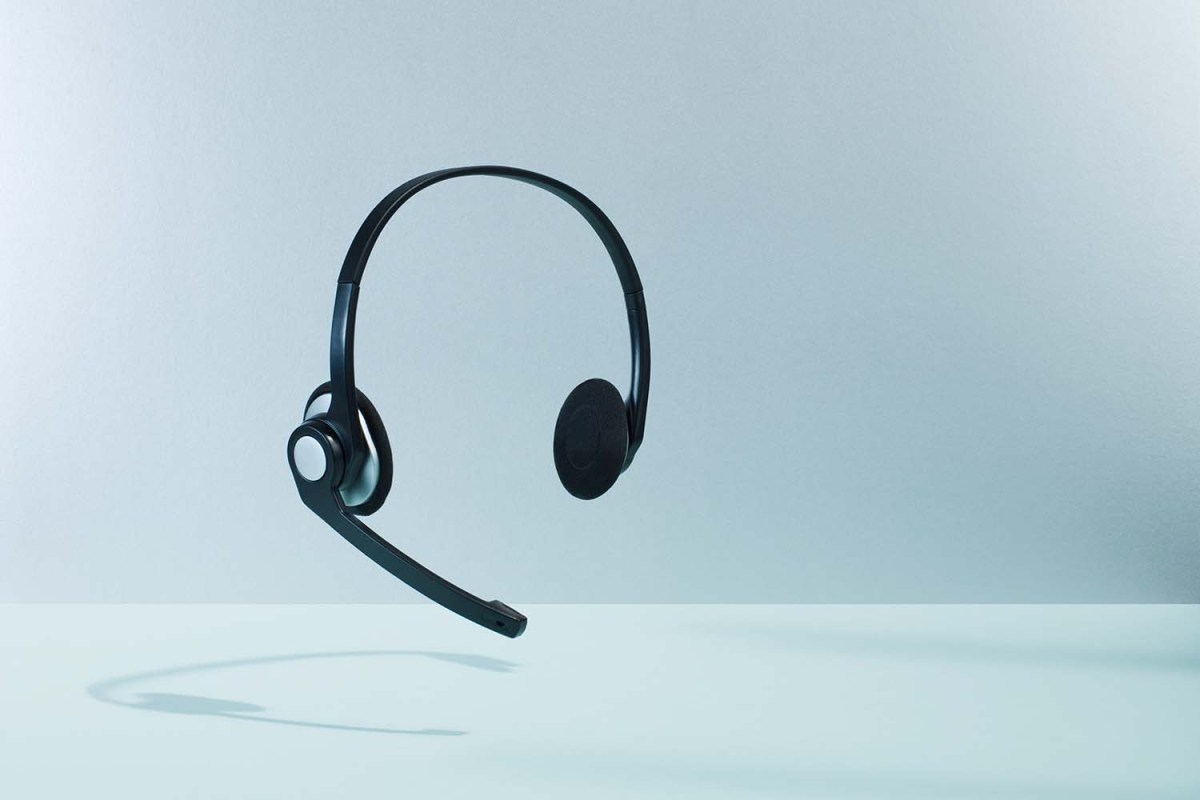“We are experiencing higher-than-normal call volumes.”
If you’ve attempted to contact an airline customer service center any time in the past two years, you’re surely familiar with that line. You’re also presumably familiar with its implication, which is that you’re more than likely hours out from speaking with a representative. And by “hours,” I mean anywhere from two to north of seven. In fact, back in May, Gary Leff of View From the Wing reported that some of Delta’s top frequent flyers were being asked to wait as long as 41 hours.
Delta is hardly the only offender, either (though they do seem to be consistently the worst); American and Southwest have also continued to catch flak for their lack of accessible customer service solutions over the course of the pandemic. So what’s the deal?
Quite simply, mostly as a result of staffing shortages, airlines are cancelling and delaying flights at a record-breaking pace and customer service isn’t able to keep up. The number of travelers in need of help far exceeds the representatives available to provide it.
As a result, per a new report from Skift, some call centers are turning to automation and, more specifically, an “artificial intelligence program centered on advanced natural language processing.” Because the only thing that could piss off a customer whose flights been cancelled or delayed more than making them wait hours to speak to a customer service representative, is making that same customer parse through a series of menus with a robot who ultimately cannot provide the help they need.
As an alternative, companies like Intrado, which offers an artificial intelligence program named Mosaicx to call centers in the airline industry, are focused on a more personalized customer service experience. “Mosaicx sets itself apart is its use of natural language processing, which helps improve the program’s linguistic interpretation abilities and response rate,” Mary Ann Ha writes. Its natural language processing core currently supports 20 languages.
“Our clients have had a better ability to absorb increases and spikes in their call volume, both from a user (and) customer standpoint…The employees aren’t overwhelmed or having to manage lower level, less complicated questions,” said Rebecca Jones, senior vice president at Intrado.
“Customers have self service through the automation, (which allows) their human contact center folks to really focus on more complex, emotionally-driven conversations,” she added.
And while this traveler can’t help but feel a bit skeptical, one airline client using Mosaicx has reportedly seen a 60 percent decrease in call abandonment rates. Presumably an increase in customer service representative mental well-being, too. So maybe an answer is coming. Or maybe we truly are just doomed to 41 hour wait times, or having to scream at a robot that you want to talk to a living, breathing human to no avail, forever. TBD.
Thanks for reading InsideHook. Sign up for our daily newsletter and be in the know.


















